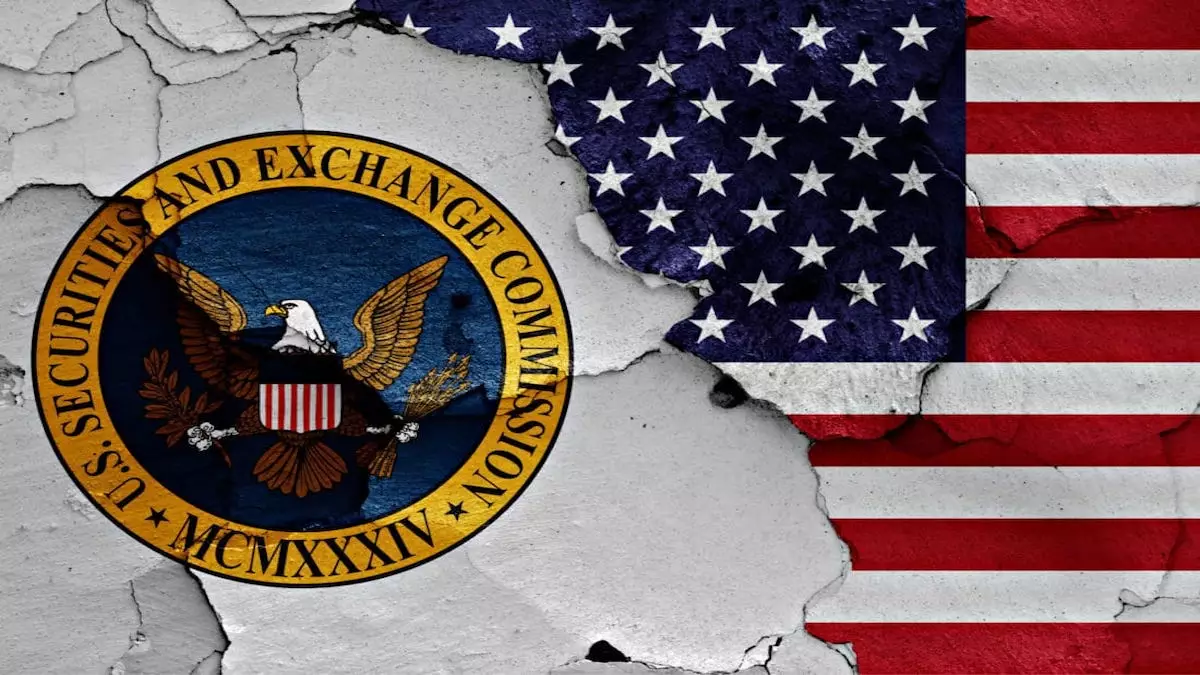The recent Wells notice sent by the U.S. SEC to OpenSea has raised concerns about the regulation of digital assets, particularly non-fungible tokens (NFTs). The SEC is suggesting that some NFTs traded on OpenSea could be classified as unregistered securities, potentially implicating the platform itself in illegal activity. This has sparked a debate about whether the SEC is exceeding its authority in the realm of digital assets. The implications of this investigation extend beyond OpenSea to the broader NFT market, leaving creators, developers, and platform operators uncertain about the future regulatory landscape.
The SEC’s scrutiny of OpenSea is part of its larger agenda to apply securities laws to the cryptocurrency and NFT industries. CEO Devin Finzer has asserted that OpenSea will contest the SEC’s allegations, as the accusation suggests that the platform functions as an unregistered securities exchange due to the sale of potentially unregistered securities in the form of NFTs. The SEC’s focus on companies involved in cryptocurrencies signifies a growing effort to oversee this evolving market. The issuance of a Wells notice to OpenSea indicates that the SEC is preparing to take enforcement action against the platform, signaling a regulatory crackdown that has unsettled the NFT community.
The SEC’s investigation of OpenSea and Yuga Labs, the creator of the popular Bored Ape Yacht Club NFT collection, highlights the potential risks for successful NFT projects. If NFTs are classified as securities, it could have far-reaching consequences for creators, platforms, and investors. The SEC’s attempts to fit NFTs into traditional securities laws may stifle the artistic and creative aspects of the NFT marketplace, undermining the decentralized nature of these platforms. The legal battle between OpenSea and the SEC may establish a precedent that leads to increased regulatory oversight and compliance costs for the NFT sector.
Potential Future Developments
While the SEC’s actions could result in greater regulatory clarity for the NFT ecosystem, they also pose a threat to the fundamental principles of decentralization. A balance must be struck between consumer protection and preserving the innovative spirit of NFTs. If the SEC’s efforts lead to the creation of a tailored regulatory framework for NFTs, it could benefit the industry. However, this would require a reevaluation of the SEC’s approach to digital assets and acknowledgment of the unique characteristics of NFTs and blockchain technology. The outcome of the SEC’s case against OpenSea will be pivotal in shaping the future regulatory landscape for NFTs.
The SEC’s Wells notice to OpenSea has brought to light the challenges of regulating NFTs and digital assets in a rapidly evolving market. While regulatory oversight is essential for investor protection, it must be balanced with fostering innovation and creativity. The outcome of the SEC’s investigation into OpenSea will have implications for the entire NFT industry, influencing how future regulations are developed and enforced. As the debate over NFT regulation continues, stakeholders must collaborate to ensure a regulatory framework that supports growth and innovation while safeguarding consumers and creators.

